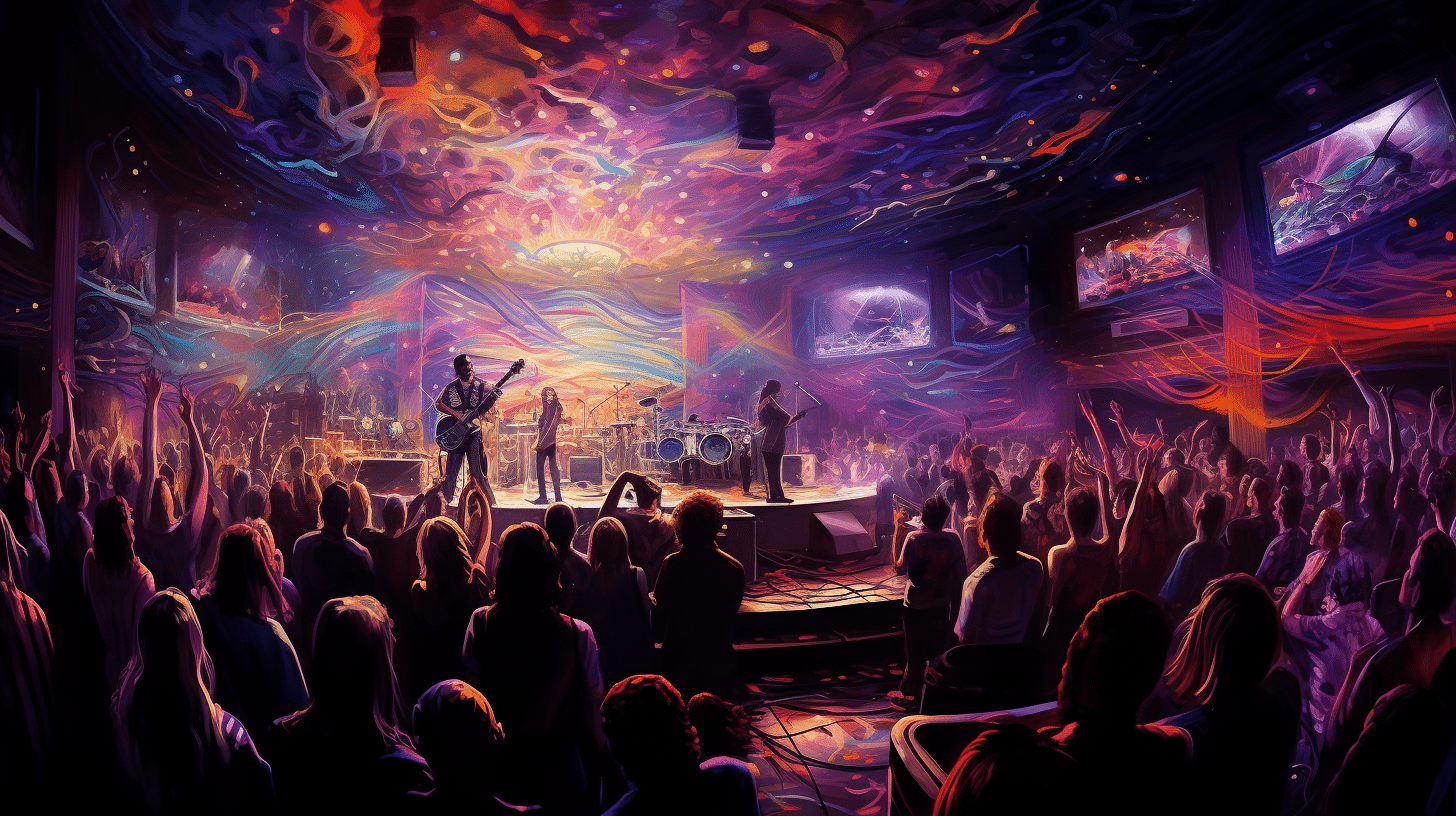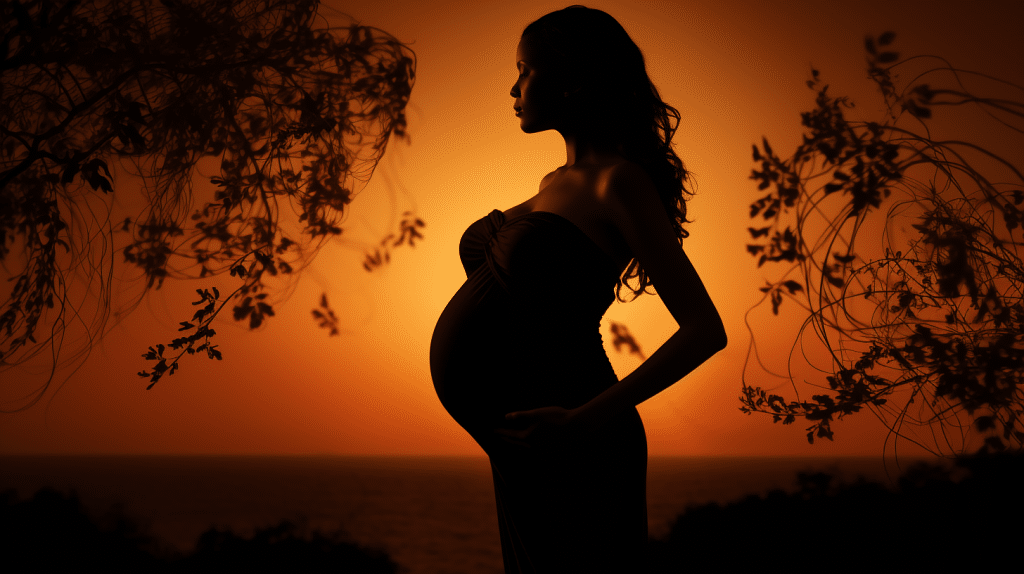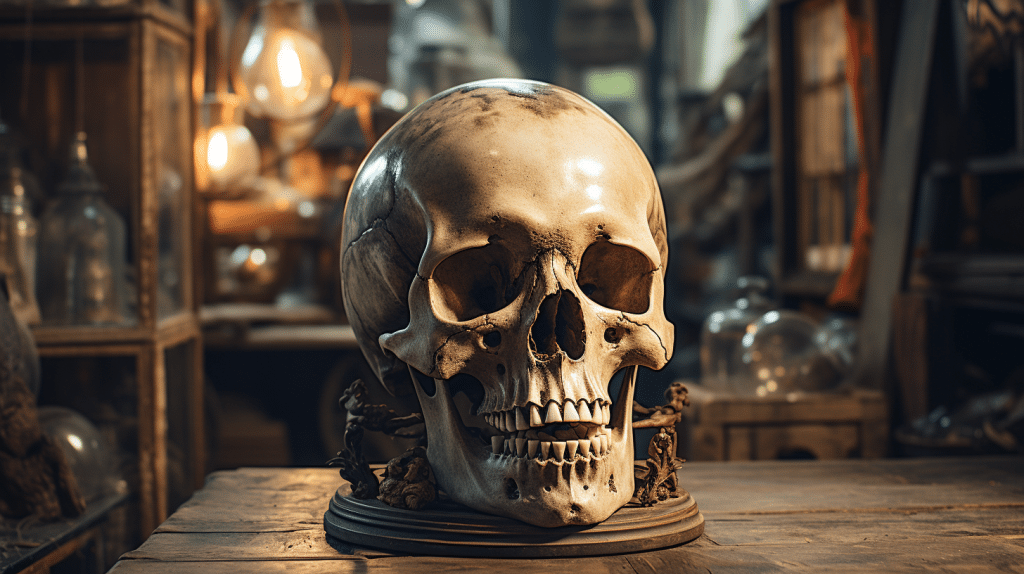Alexander David Turner (born 6 January 1986) is an English singer and musician. He is best known as the frontman and principal songwriter of the rock band Arctic Monkeys, with whom he has released seven studio albums. In addition, he recorded his side project involving Miles Kane, as The Last Shadow Puppets and also as a solo artist.
When Turner was 15, he and three friends formed Arctic Monkeys in their native Sheffield. Their debut album, Whatever People Say I Am, That’s What I’m Not (2006), became the fastest-selling debut album in British history and was ranked at No. 30 on Rolling Stone’s list of the greatest debut albums of all time, with the single “I Bet You Look Good on the Dancefloor” becoming a UK number-one hit. The band’s subsequent studio albums, Favourite Worst Nightmare (2007), Humbug (2009), Suck It and See (2011), AM (2013), Tranquility Base Hotel & Casino (2018), and The Car (2022), have experimented with desert rock, indie pop, R&B, and lounge music. Arctic Monkeys headlined Glastonbury Festival in 2007, 2013 and 2023, Reading and Leeds Festivals in 2009, 2014 and 2022, and performed during the 2012 London Summer Olympics opening ceremony.
As the co-frontmen of the Last Shadow Puppets, Turner and former frontman of The Rascals Miles Kane have released two orchestral pop albums: The Age of the Understatement (2008) and Everything You’ve Come to Expect (2016). Turner also provided an acoustic soundtrack for the feature film Submarine (2010), and co-wrote and co-produced Alexandra Savior’s debut album Belladonna of Sadness (2017).
Turner’s lyricism, ranging from kitchen sink realism to surrealist wordplay, has been praised throughout the music industry and the public. All but one of his nine studio albums have topped the UK Albums Chart. He has won seven Brit Awards, an Ivor Novello Award, and a Mercury Prize, having been nominated six times for the latter.
What is the Biography of Alex Turner?
What was Alex Turner’s early life like?
Born on January 6, 1986, in Sheffield, Alexander David Turner was the only child of Penny (née Druce) and David Turner, both secondary school teachers. Growing up in Sheffield’s High Green suburb, Turner often mentioned his parents’ diverse backgrounds. His mother from Amersham, Buckinghamshire taught German and had a fascination for languages while his father, a native of Sheffield, taught music and physics. Both were music aficionados with Turner’s earliest musical memories involving Beatles and Beach Boys. Classical rock bands like Led Zeppelin, David Bowie and Eagles were frequently played by his mother during car rides. His father was fond of jazz and swing music especially Frank Sinatra and played saxophone, trumpet and piano in big bands.
Turner began to learn scales on the family keyboard under his father’s guidance before receiving professional piano lessons until he was eight years old. He developed an early interest in ‘Pet Sounds’, considering it as the record that initially sparked his interest in music.
From age five onwards, Turner grew up with neighbour Matt Helders; they attended primary school, secondary school and college together. During their primary graduation ceremony they mimed Oasis’ “Morning Glory”. They met Andy Nicholson at secondary school where they bonded over admiration for hip-hop artists including Dr Dre, Wu-Tang Clan among others. The trio spent time playing basketball, skateboarding or creating hip-hop beats using Cubase system owned by Turner’s father.
Their interest shifted towards rock music after Strokes broke through in 2001. At age 15 Turner borrowed a guitar from his dad’s school to learn some chords which eventually led to him getting an electric guitar as Christmas gift that year.
Turner studied at Stocksbridge High School from 1997 to 2002 where he was known as bright & popular student excelling at sports rather than music according to ex-teacher Mark Coleman. English & drama teacher Simon Baker described him as clever, quite reserved and a bit different. While Turner had a laid-back attitude towards studies and didn’t read regularly, he enjoyed English lessons. He later attended Barnsley College from 2002 to 2004 and studied A-levels in music technology and media studies, along with AS-levels in English, photography, and psychology.
How Did the Arctic Monkeys Form Between 2002-2004?
Turner spent his weekends at the age of 15 socializing with girls and drinking cider with his friends. His school friend, Joe Carnall, described him as “always the quiet one” in their group. When their friends started forming bands and performing live, Turner, Helders, and Nicholson founded Arctic Monkeys in mid-2002. Nicholson revealed that Turner had musical instruments at home due to his father being a music teacher. Helders purchased a drum kit while Turner encouraged Nicholson to learn bass guitar and invited Jamie Cook from another school to play guitar.
Turner initially played guitar for the band but became the frontman when two other school friends declined to sing. Helders believed that Turner was a natural choice for lyricist because of his interest in words. Before they began playing live shows, they rehearsed for a year in Turner’s garage and an unused warehouse in Wath.
Their first performance was supporting The Sound on Friday, 13 June 2003 at a local pub called The Grapes. Over summer 2003, Turner joined funk band Judan Suki as rhythm guitarist after meeting lead singer Jon McClure on a bus.
While recording with Judan Suki at Sheffield’s 2Fly Studios in August, Turner requested Alan Smyth to produce an Arctic Monkeys demo. Smyth agreed and noticed something special about the band.
The band managed to get Geoff Barradale and Ian McAndrew as management due to an introduction by Smyth. They financed numerous three-song demos throughout 2003 and 2004. During studio sessions, Smyth noted that Turner would listen before speaking whenever anyone entered.
Arctic Monkeys were known as hard workers in Yellow Arch Studios where they practiced; even receiving support from the studio owner’s wife with singing lessons. Barradale chauffeured them across Scotland, Midlands & Northern England helping them gain a reputation as a live band.
After completing college in 2004, Turner decided to take a gap year to focus on the band. He also started working part-time at the Sheffield music venue The Boardwalk where he met Richard Hawley and John Cooper Clarke.
By the end of 2004, audiences had started singing along with Arctic Monkeys’ songs and their demo “I Bet You Look Good on The Dancefloor” was played on BBC Radio 1 by Zane Lowe.
How did Alex Turner rise to fame between 2005 and 2007?
The Arctic Monkeys gained national recognition in 2005, with their first mention in a national newspaper, the Daily Star, in April. They released an EP featuring the single “Fake Tales of San Francisco” in May and began their first nationwide tour shortly after. Amidst a bidding war, they signed with independent label Domino Recording Company in June. They recorded an album with producer Jim Abbiss in rural Lincolnshire after initial sessions with James Ford and Mike Crossey. Their single “I Bet You Look Good on the Dancefloor” debuted at number one on the UK Singles Chart in October.
Their debut album, Whatever People Say I Am, That’s What I’m Not, was released in January 2006 and also debuted at number one on the UK Albums Chart. The album’s lyrics about teenage nightlife in Sheffield were widely praised, particularly by Kelefa Sanneh of The New York Times and Alexis Petridis of The Guardian. The album quickly became a cultural phenomenon as the fastest-selling debut album in British music history.
Although Turner was hailed as “the voice of a generation”, he was known for being uncomfortable with attention. Despite this, the band continued to release new material including a five-track EP Who the Fuck Are Arctic Monkeys? and standalone single “Leave Before the Lights Come On”. After replacing original member Andy Nicholson with childhood friend Nick O’Malley due to touring fatigue, they released their second album Favourite Worst Nightmare just over a year later.
Favourite Worst Nightmare explored themes of fame, love, and heartache and debuted at number one in the UK. Turner also began collaborations with other artists that year; working rapper Dizzee Rascal and co-writing songs on Reverend and The Makers’ debut album The State Of Things. He also announced plans to form side-project band Last Shadow Puppets.
Did Alex Turner Experiment with His Music from 2008 to 2011?
In April 2008, The Last Shadow Puppets released their debut album, The Age of the Understatement. This release followed Alex Turner’s move from Sheffield to East London. The album, co-written by Turner and Kane, was recorded in the Loire Valley in France and featured string arrangements by Owen Pallett. Critics noted a shift in Turner’s lyrical style and commended the artist for his growth. The band toured with the London Philharmonic Orchestra and made surprise appearances at Glastonbury Festival with guest performers Matt Helders, Jack White and Alison Mosshart.
Later that year, Turner formed a cover band with Dev Hynes for a special show in London. He also recorded a spoken word track for Matt Helders’ compilation album Late Night Tales. August 2009 saw the release of Arctic Monkeys’ third album Humbug, which Turner described as a major turning point for the band.
The recording process took place in Joshua Tree, California under producer Josh Homme from Queens of the Stone Age. This marked their first time working extensively in a studio. Homme promoted longer guitar solos and helped develop Turner’s unique singing style.
Turner relocated to Brooklyn, New York in spring 2009 where he wrote an acoustic soundtrack for Richard Ayoade’s Submarine (2010), released as an EP in March 2011. Instead of covering existing songs as initially proposed by Ayoade, Turner composed six original tracks which were praised for their portrayal of adolescent uncertainty.
Alongside this project, he also contributed to Miles Kane’s debut solo album Colour of the Trap (2011) and standalone single “First of My Kind” (2012). Arctic Monkeys’ fourth album Suck It and See was written by Turner while residing in New York before being recorded in LA with James Ford and his fellow band members.
Critics favourably commented on this album’s indie pop and glam-rock influences. Turner’s evolved lyrical style, described as dense and Dylanesque, was also praised for its beautifully crafted phrases and astute observations. Turner occasionally joined other musicians on stage, such as Richard Hawley for a charity concert in London and Elvis Costello in New York.
Did Alex Turner achieve international success from 2012-2017?
By 2012, Arctic Monkeys were living in Los Angeles where Turner and Helders cohabited. The band embarked on a US tour as the opening act for the Black Keys in early 2012. In preparation for the tour, they released “R U Mine?” as a single. The band also performed at the 2012 London Summer Olympics opening ceremony.
In 2013, Turner collaborated with Queens of the Stone Age on their song “If I Had a Tail”. That same year Arctic Monkeys headlined Glastonbury Festival for a second time. Their album AM was released in September. Critics from Pitchfork and The Guardian praised the album, highlighting its modern sound and insightful lyrics.
Arctic Monkeys heavily promoted AM in the US, which was unusual compared to their previous album campaigns where they had refused to do radio promotions according to Helders. During their 18-month long tour for AM, Josh Homme joined them on stage in Los Angeles and Austin.
In 2014, Columbia Records approached Turner to collaborate with Alexandra Savior. Together they co-wrote her debut album Belladonna of Sadness while he was touring with Arctic Monkeys. Turner also played several instruments on the album and co-produced it.
Turner’s side project The Last Shadow Puppets released their second album Everything You’ve Come to Expect in April 2016. Reviews were mixed; some critics praised Turner’s songwriting skills but criticized his behavior during interviews.
The Last Shadow Puppets toured Europe and North America from March until August 2016 with guest performances by Johnny Marr and Turner’s father David at select shows.
What has Alex Turner been up to since 2018, including his work on Tranquility Base Hotel & Casino and The Car?
Arctic Monkeys’ sixth album, Tranquility Base Hotel & Casino, hit the music scene in May of 2018. The album was inspired by a Steinway Vertegrand piano gifted to Alex Turner by his manager on his 30th birthday. The space-themed album is written from the viewpoint of a lounge character and began as demos recorded solely by Turner and later with Matt Helders. These initial recordings were shared with Jamie Cook in early 2017 who found the shift in musical direction surprising but intriguing.
By mid-2017, all band members participated in recording the project under the production of Turner and James Ford in Los Angeles and France. They collaborated with musicians from Tame Impala, Klaxons, and Mini Mansions. Upon its release, critics like Jonah Weiner of Rolling Stone described it as an unusual but captivating take on the role of entertainment during periods of societal turmoil. Alexis Petridis from The Guardian complimented their daring choice to release an unconventional album that he described as thrilling yet oddly detached.
Pitchfork’s Jazz Monroe viewed the album as a clever satire aimed at modern society. This daring venture became Turner’s eighth number one UK album and was toured extensively from May 2018 to April 2019.
For their seventh studio album titled The Car released in October 2022, Arctic Monkeys shifted towards a more subdued tone after unsuccessful attempts at writing heavier guitar riffs. Co-arranged by Turner, this album prominently featured a string section while its lead single “There’d Better Be a Mirrorball” had an accompanying video co-directed by him.
That same year saw Turner composing music for Richard Ayoade’s audiobook version of The Book That No One Wanted to Read, performing instrumental interludes alongside James Ford.
Despite being diagnosed with acute laryngitis just days prior, they headlined Glastonbury Festival for the third time in 2023.
What is Alex Turner’s Artistry?
Who are Alex Turner’s influences?
As a teenager, Turner was heavily into hip-hop and was significantly influenced by Roots Manuva’s Run Come Save Me when he began writing lyrics. He enjoyed listening to Rawkus Records and Lyricist Lounge compilations, as well as artists such as Dr. Dre, Snoop Dogg, Outkast, Eminem and the Streets. Method Man is one of his favorite lyricists and he has often referenced the Wu-Tang Clan in his own work.
The Strokes were a significant influence on Turner during his early teens. Their music impacted him deeply and changed his perspective. As a result, he began dressing differently and developed an interest in guitar music. He cites the Strokes in his lyrics frequently.
Turner’s first live concert experience was with The Vines, which played a key role in shaping his early stage persona. Other initial guitar influences include the Libertines, the Coral, The Hives and The White Stripes.
In his late teenage years, Turner started exploring older music where he discovered lyricists like Elvis Costello, Ray Davies of The Kinks, Jarvis Cocker of Pulp, Paul Weller of The Jam, and Morrissey of The Smiths. He has since performed with Jack White of The White Stripes, Costello and Johnny Marr of The Smiths.
John Cooper Clarke’s poetry had a profound impact on Turner’s early career. After seeing Clarke perform live at Sheffield’s Boardwalk bar where Turner worked as a bartender in 2004; it influenced him greatly.
Among other lyricists admired by Turner are Nick Lowe, Jake Thackray, Nick Cave, John Cale Leonard Cohen and Bob Dylan. He also respects country music songwriters like Roger Miller Willie Nelson Townes Van Zandt Hank Williams.
Turner greatly admires artists who have reinvented themselves throughout their careers including “The Beatles David Bowie…the big ones.” When forming The Last Shadow Puppets in 2007, he was inspired by music from Bowie Scott Walker Serge Gainsbourg David Axelrod and Ennio Morricone.
Turner is also a big fan of movies. His album Tranquility Base Hotel and Casino was influenced by films such as 2001: A Space Odyssey (1968) World on a Wire (1973) Le Cercle Rouge (1970) Spirits of the Dead (1968) Inherent Vice (2014) and The Last Waltz (1978). He has referenced the post-war British movie
What is Alex Turner’s Approach to Songwriting?
Kate Mossman from the New Statesman has praised Alex Turner as a top-notch lyricist of the 21st century, citing his songs as rich in elaborate metaphors and sharp observations. Mike Laws from the Village Voice commended Turner’s writing ability, describing him as unrivaled in rock music, with distinctive features being his swift prosody and adeptness at internal rhyme. Simon Armitage highlighted Turner’s poetic style in The Guardian, stating that his use of internal rhyme was both admirable and enviable.
Turner has always been willing to incorporate a touch of irony or humour into even his saddest songs, similar to eminent British lyricists such as Noël Coward and Morrissey. Kitty Empire of The Observer sees him as likely the best lyricist of this generation. Owen Pallett, a frequent collaborator with Turner, states that among contemporary rock songwriters he admires none more than Alex.
The early works of Turner focused on teenage nightlife in England with a social-realism approach. Sasha Frere-Jones from the New Yorker portrayed him as incredibly skilled at character sketches and song form. As he matured, his lyrics became less straightforward and more complex according to Laws from Village Voice.
Turner’s songs often explore themes such as romance, loneliness, and longing. His best love songs are often about reciprocated love according to Jazz Monroe from Drowned in Sound. Neil McCormick from The Telegraph observed sarcastic misanthropy in Turner’s lines while Frere-Jones noted an unyielding bleakness beyond his years.
While touching upon issues like consumerism and technological acceleration recently, Monroe pointed out anti-industry sentiments and postmodern skepticism among others as consistent elements across Turner’s work.
Turner insists that his songwriting is not poetry due to its reliance on melodies. Despite initial hesitation, he began publishing his lyrics starting with Arctic Monkeys’ fourth album. He confessed finding it challenging to write melodies in a conversation with Lane Brown from New York. Alexis Petridis from The Guardian believes Turner’s melodic talents are often overlooked due to his initial recognition as a wordsmith. When writing, he visualizes images in his mind which contributes to the cinematic quality of his work.
“Is Alex Turner’s Voice the Key to His Success?”
In the initial stages of his career, Turner was known for his strong Sheffield accent. Simon Armitage observed, “I can’t recall another singer who has so unapologetically and naturally embodied their regional identity through their singing voice.” However, by 2018’s Tranquility Base Hotel, Alexis Petridis from The Guardian pointed out: “The Yorkshire dialect that used to be his unique selling point is now used sparingly for a jarring effect.” Commenting on Turner’s change in accent, former Arctic Monkeys bassist Andy Nicholson said: “I don’t believe he thinks he is Elvis or an actor. I think he sometimes perhaps lives up to the character people expect him to be. He has lived in America for quite some time – New York and LA – and he absorbs accents easily. When he started spending a lot of time with Miles, his accent began to develop a Scouse undertone.” A critic also noted that Turner’s vocal tone has evolved over time from a “fidgety whine” to a more mature baritone croon. Speaking about his vocals to Rolling Stone Germany, Turner stated, “I believe the sound and delivery of the voice are as significant as the lyrics.”
What is Alex Turner’s stage persona?
Richard Cromelin from the Los Angeles Times gave a generally favorable review of a 2006 show, but observed that lead vocalist, Turner, appeared “slightly uneasy with the attention”. He hoped Turner would become more audience-engaging over time. In 2007, Kitty Empire from The Observer commented on Turner’s “reserved” stage demeanor: “He engages in small talk with around 15 people in the front rows and only once glances at the balcony, seemingly with apprehension.” Rosie Swash from The Guardian reflected on Arctic Monkeys’ performance at Glastonbury Festival in 2007 and highlighted Turner’s “unyielding, wry stage presence”: “They don’t improvise, interact with fans or perform encores,” she noted. Simon Price of The Independent remarked that during a headlining set at the Reading Festival in 2009, Turner seemed to be caught like a deer in headlights.
Turner started transforming his stage persona and style towards the end of 2011. Notably, he changed his hair into a rockabilly-inspired quiff. Brian Hiatt from Rolling Stone acknowledged his newfound charisma as he started to dance without his guitar and flirted openly with female fans. Dorian Lynskey, reviewing a concert in 2013 for The Guardian said: “Turner used to be uncomfortable with attention. He copes by assuming a humorous persona resembling a comic-strip version of a ’50s rock star”. Ben Beaumont-Thomas from The Guardian stated in 2018 that despite playing ironically with the idea of being a rockstar, Turner couldn’t help but embody one authentically.
Sian Cain of The Guardian reviewed a concert in 2023 and commented: “Few frontmen today embrace rockstar theatrics as naturally as Alex Turner”, finding parallels between his performance style and those of Bob Dylan and David Byrne.
While comfortable on stage now, Turner has admitted to being fearful of public speaking and doesn’t view himself as a natural performer. He prefers the studio side of music production over touring. While he admits to being a control freak, he finds the experience of leading a band “awkward” and “strange”. Turner revealed in a 2022 interview with The Guardian that he uses personas on stage, separating his true self from the performer, which he sees as a distorted reflection of himself. He even named one of his past stage personalities ‘Mr Snarl’, referring to his singing style at that time.
What is Alex Turner’s personal life like?
Turner is known for keeping his personal life private, despite media interest. He had a relationship with British musician Johanna Bennett from 2005 to January 2007. In fact, she is credited as a co-writer on “Fluorescent Adolescent”. Turner then started seeing British TV presenter and model Alexa Chung in July 2007, and they moved together to Williamsburg, Brooklyn, New York in the spring of 2009. They later shifted to London but split up in July 2011, briefly reuniting in the summer of 2014. American actress and model Arielle Vandenberg was his girlfriend from late 2011 till early 2014. In March 2015, he began dating American model Taylor Bagley; they resided together in Los Angeles until their breakup in July 2018. He has been dating French singer Louise Verneuil since mid-2018.
Turner enjoys reading extensively and counts Joseph Conrad, Ernest Hemingway, Vladimir Nabokov, David Foster Wallace and George Saunders among his favourite authors. He’s fond of science fiction which influences his writing often – a notable example being Tranquility Base Hotel & Casino. Additionally, he appreciates cinema and photography – an interest he shares with bandmate Matt Helders. His cinematic preferences include works by Stanley Kubrick, Federico Fellini, Jean-Pierre Melville and Rainer Werner Fassbinder among others. A supporter of Sheffield Wednesday F.C., Turner also practices Muay Thai during his leisure time.
What are Alex Turner’s Views on Politics?
Turner has typically refrained from expressing his political views, instead hinting at them through his music. He stated, “I’m somewhat cognizant of current events, but I don’t believe I’m capable of creating a soundtrack for these times. There might be someone else who can do that, but I haven’t figured it out yet.” Following the launch of Tranquility Base Hotel & Casino, he clarified that he never intended to include politics in his music because he wasn’t confident about how to approach it. He added that while his songs aren’t necessarily protest songs, he’s now more comfortable with expressing himself through his music.
Regarding the 2011 riots in England, Turner criticized the media’s insufficient analysis of the underlying causes of the violence. In a conversation with the Sunday Times, he disclosed that he was a ‘remain’ voter in the Brexit referendum and so were those in his close circle. Living in Los Angeles at the time, Turner expressed disappointment over the result which made him contemplate moving back to England.
In 2014, it was reported that Turner and his bandmates from Arctic Monkeys participated in Liberty’s tax avoidance scheme between 2005 and 2009, paying between £38,000 and £84,000 to protect between £557,000 and £1.1 million. In response to these allegations during an interview with The Times’, Turner admitted they had received bad advice and made an unwise decision; however, he clarified that they always paid their taxes fully and punctually. They initially considered taking advantage of paying less tax but decided against it when they realized it was not ethically right.
What is Alex Turner’s discography?
The Arctic Monkeys have released numerous albums since their inception, starting with “Whatever People Say I Am, That’s What I’m Not” in 2006. They followed this up with “Favourite Worst Nightmare” in 2007 and “Humbug” in 2009. The band continued their discography with “Suck It and See” in 2011, “AM” in 2013, and “Tranquility Base Hotel & Casino” in 2018. Their latest album is titled “The Car,” released in 2022.
The Last Shadow Puppets also feature on the list of collaborations, releasing two albums – “The Age of the Understatement” in 2008 and “Everything You’ve Come to Expect” in 2016.
Other collaborations include several projects across multiple genres. In 2007, they worked with Reverend and The Makers on the album “The State of Things”, contributing to songs like “The Machine,” “He Said He Loved Me,” and “Armchair Detective.” They worked with Dizzee Rascal on the song “Temptation” from his album ‘Maths + English’. In addition, they collaborated with Matt Helders on a piece titled ‘A Choice of Three’ for his ‘Late Night Tales: Matt Helders’ series.
In more recent years, they’ve collaborated extensively with Miles Kane on a number of projects including the co-writing of songs for his albums ‘Colour of the Trap’ (2011), ‘First of My Kind EP’ (2012), and ‘Don’t Forget Who You Are’ (2013). They also featured as guest vocalists on Queens of the Stone Age’s “…Like Clockwork.”
They contributed to Mini Mansions’ ‘The Great Pretenders’, co-writing songs like “Vertigo” and “Valet”. One notable collaboration was working on Alexandra Savior’s original soundtrack for the second season of ‘True Detective’, where they co-composed the song “Risk.” They also worked extensively with Savior on her album ‘Belladonna of Sadness’, not only as co-writers but also as co-producers and musicians, playing various instruments including bass, guitar, keyboards, and synthesizers.







